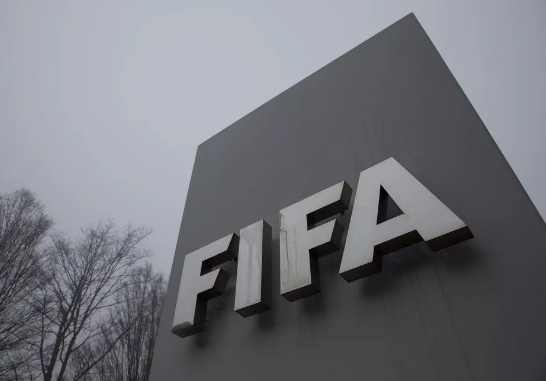
The decision follows a referral from a Belgian appeal court in the case of former Arsenal and Chelsea midfielder Lassana Diarra
The European Court of Justice (ECJ) has found that several of FIFA’s rules governing player movement between clubs violate European Union law. The ruling followed a reference from a Belgian appellate court in the case of Lassana Diarra, a former Arsenal, Chelsea, and Portsmouth midfielder who challenged various FIFA rules when his contract with Russian club Lokomotiv Moscow was terminated in 2014.
He claimed that some of the rules set by football’s global governing organization limited his freedom of movement and violated competition law, and he sued FIFA for damages. His lawyers contested a rule that makes a club wishing to sign a player jointly liable for compensation to the player’s previous club, as well as subject to sporting sanctions, if the player’s previous contract was terminated without just cause, claiming that it deterred Belgian side Charleroi from signing him.
They also challenged a clause that permits the national association of a player’s former club to withhold an international transfer certificate (ITC) in the event of a dispute, claiming that it hampered the move. According to a news release published by the European Court of Justice on Friday morning, the court determined that the contested guidelines violated EU law.
“The rules in question are such as to impede the free movement of professional footballers wishing to develop their activity by going to work for a new club,” according to the court announcement.
According to the announcement, the court determined that while some restrictions on mobility may be permissible to govern rivalry between clubs and to preserve contractual stability in playing squads, the laws in question went “beyond what is necessary to pursue that objective”.
The complete judgment will be published later, but the finding as reported in the announcement appears to obligate FIFA to amend the contested rules, though the scope and significance of this for the transfer market remain to be seen. On the surface, greater freedom of movement would make it easier for players who are dissatisfied with their current club to leave for another.
The ruling will now be submitted back to the Mons appeal court to influence its conclusion in Diarra’s case. Diarra’s legal team, lead by Jean-Louis Dupont, who helped bring about the Bosman case in 1995, which established player free agency, hailed the decision as a “total victory”.
According to a statement from Dupont’s firm, the judgment “paves the way for a modernisation of governance, in particular through the use of collective bargaining between employees and employers.” FIFPRO, the world players’ organization, hailed the results, saying the verdict would ‘alter the landscape of professional football’.
The International Olympic Committee stated: “FIFA is satisfied that the legality of key principles of the transfer system have been reconfirmed in today’s ruling.”
“The ruling only puts in question two paragraphs of two articles of the FIFA Regulations on the Status and Transfer of Players, which the national court is now invited to consider.”
“FIFA will analyse the decision in co-ordination with other stakeholders before commenting further.”
Read more news on:https://sportupdates.co.uk/

Leave a Reply